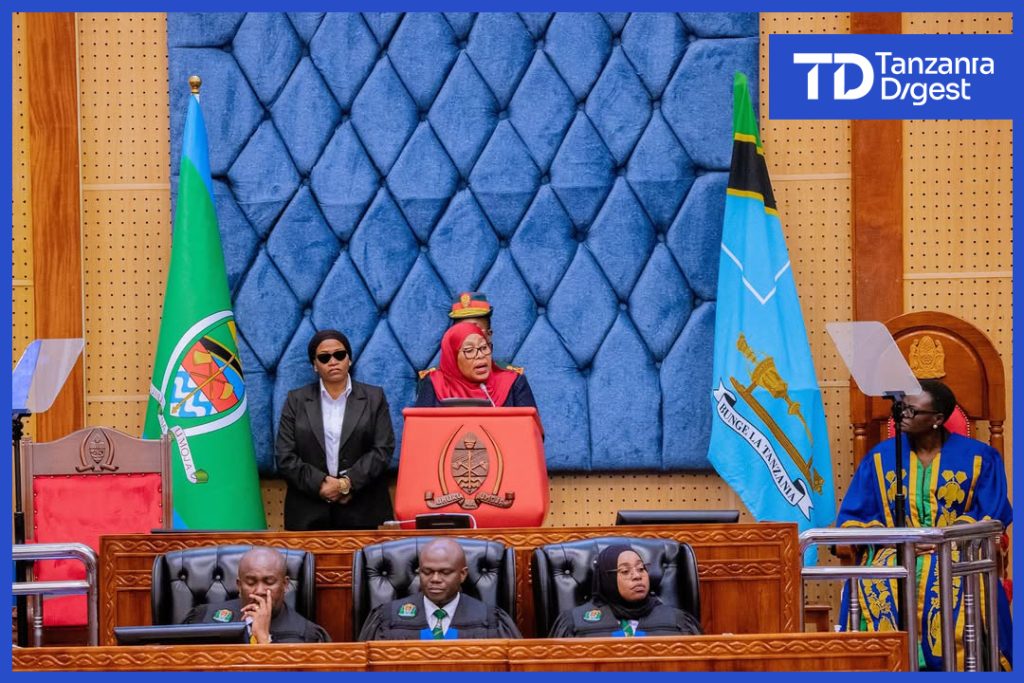The conspicuous absence of the religious leaders in the dissolution of parliamentary affairs has raised a number of theories. One suspect it is from deterioration of the relationship between the government and the clergy.
Others feel that it is a well-established practice but isn’t mandatory, reminding us that the government has issues with the Catholic Church but not other denominations. However, this thinking acknowledges that the government’s hands were tied:
Unless they invite their adversary in the Roman Catholic Church, which has the largest and the oldest following, their selective snub may be perceived as an escalation of an already tense situation.
Why were the clergy not invited yesterday to the Tanzania President’s dissolution speech in Parliament?
The absence of clergy at President Samia Suluhu Hassan’s parliamentary dissolution speech is explicitly noted as a point of concern, though the ”exact reasons” remain unstated in the available sources. Here is a synthesis of relevant details:
1. Acknowledged Absence in Analysis:
Directly highlights the “absence of conventional denominations” during the speech as a significant issue raising “serious concerns whether the clergy and the government have parted ways for good.” This indicates the omission was notable enough to be flagged as one of three key topics requiring further analysis.
2. Lack of Official Explanation:
No official statement was provided from President Samia’s administration explaining “why” the clergy were not invited or present. The dissolution announcement report and her inauguration background do not address clergy relations, nor do they chronicle the political historical engagement.
3. Potential Interpretations from Context:
* Strained Relations:
. The phrasing in (“parted ways for good”) strongly suggests the author perceives a deliberate exclusion possibly reflecting a breakdown in the previously close relationship between the Tanzanian government and religious institutions.
* Shift in Priorities/Symbolism:
The focus of the speech was on constitutional processes, economic performance, and debt , which might indicate a prioritization of technocratic or political messaging over religious symbolism for this specific event.
* Logistical or Protocol Decision:
While not stated, it could also stem from a narrower interpretation of the event as a purely state/governmental function, excluding non-state actors like clergy. However, the viewpoint’s framing leans towards a more consequential interpretation.
Conclusion:
The clergy’s absence was conspicuous and raised concerns about their relationship with the government, as noted in analysis of the speech. However, no official reason for their non-invitation is provided in the available materials. The implication from the analysis is that this absence might signify a significant deterioration in government-clergy relations, but this awaits further elaboration in the promised follow-up.
Read more analysis by Rutashubanyuma Nestory

